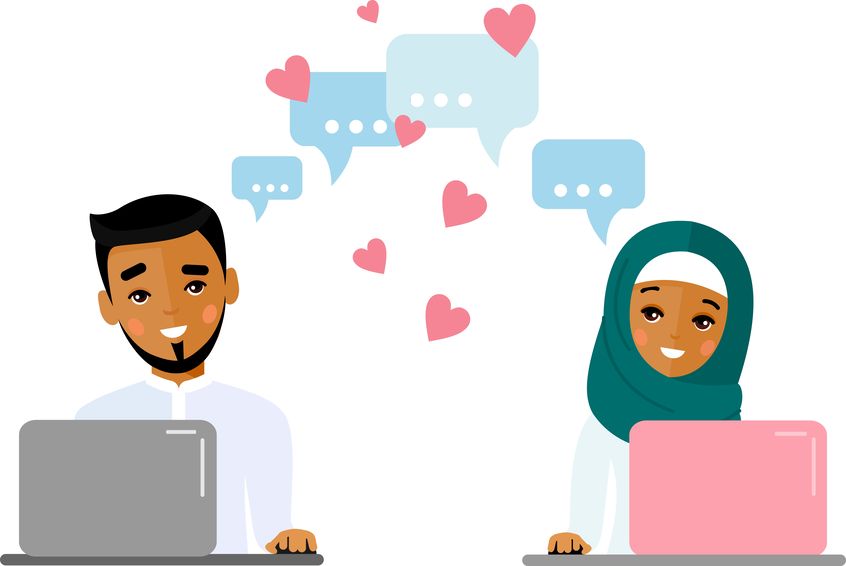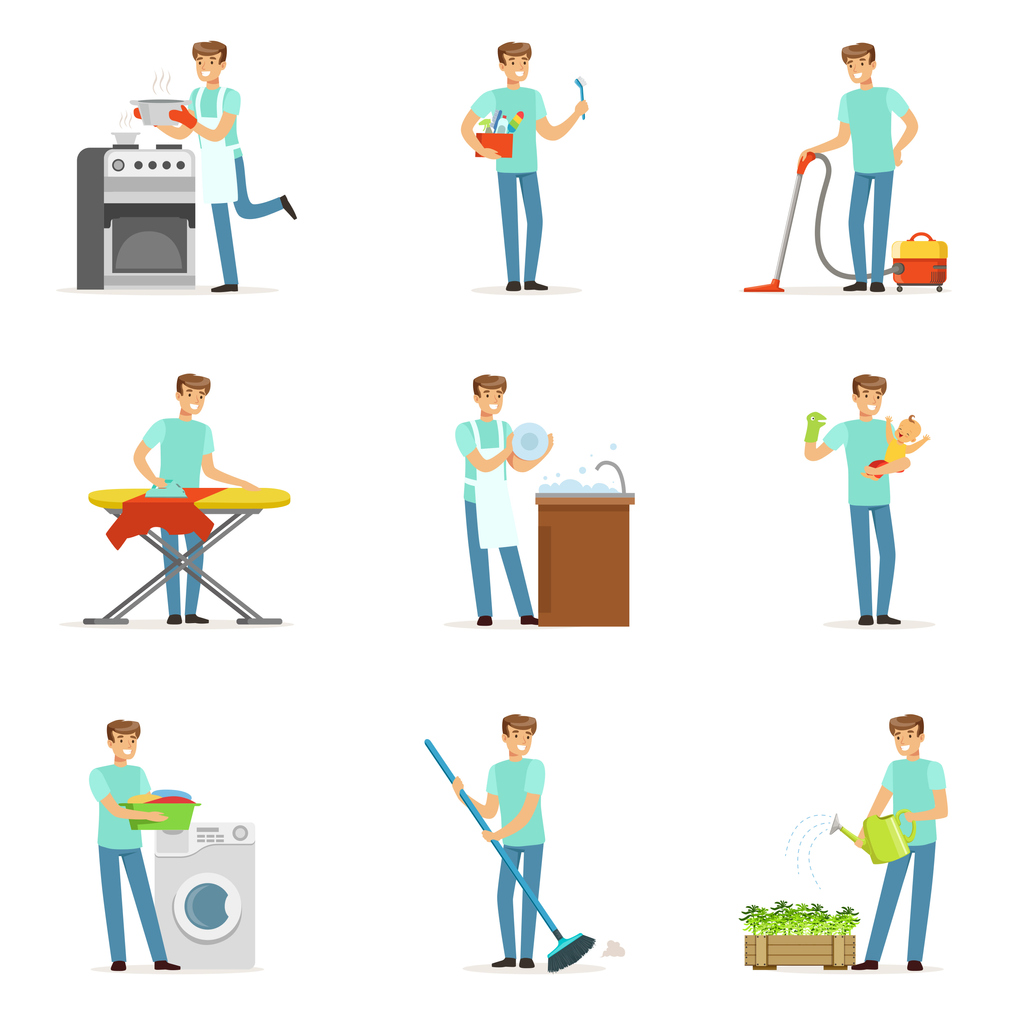
There are many different kinds of relationships - acquaintances, friends, best friends, family, companions, romantic, sexual, intimate. Relationships can be between people from different countries, different cultures, the same gender or another gender. They can be can be long-term and last a lifetime, or they can be short-term. The level of contact and connection also differs. The one thing that remains constant is the need for respect - being respectful and being respected. As teachers, we value respect enormously. We hope that our students will respect us, that they will respect others and that they will respect themselves. We also hope that they will be respectful of their belongings, the environment and the law.
What is a respectful relationship?
Respect is about showing that you value other people through your words and your actions. You treat other people with care and you consider how your words or actions may affect them.
Sometimes people refer to relationships as 'healthy' or 'good'. These terms can be quite values laden and it can cause people to categorise relationships into 'good' vs 'bad' or 'healthy' vs 'unhealthy'. Relationships are complex and rarely as black and white as this. What can be more helpful is talking in terms of what is 'respectful' and 'disrespectful' behaviour. No matter what type of relationship it is - family, friends, work mates, sporting partners, neighbours, fellow students, teachers, acquaintances, boyfriends, girlfriends - respectful relationships are about:
- feeing safe
- trust and honesty
- being valued and cared for
- being free to be yourself
- listening and being heard
- being able to disagree or say no without fear of being criticised or hurt
- being supported to make your own choices
- being encouraged to grow, learn and succeed
- being able to make mistakes
- working out arguments by talking and compromising

Learning how to put these things into action in relationships with family and friends will help lay the foundations for respectful romantic and intimate relationships later in life.
Professional or formal relationships are often guided by codes of conduct but in the personal and social realm there is a wide variety of approaches to relationships. Generally, the closer or more intimate the relationship, the more crucial the 'respectful relationship' characteristics become.
Know yourself
The best way for a person to know and understand what close and intimate relationships are 'right' for them is to firstly know themselves and the limits and boundaries for each type of relationship in their life.
Knowing yourself and what you want gives the best start for the development of a respectful relationship because it allows you to communicate your wants and needs. Clarity about values, culture, beliefs, other important relationships, experiences, spirituality, thoughts and feelings are part of a person coming to 'know' themselves. Knowing what is important, what they feel strongly about, what dreams and aspirations they have and what makes them unique all help.
Similarly, knowing their physical, emotional, spiritual or sexual limits and boundaries they wish not to cross, will help a person make the best decisions, as well as help keep them safer.
Everyone is different. What might be important to one person and what their 'limits' might be may be quite different to someone else. Educating about knowledge of self, respect for self, as well as respecting that others may be different from you, is a powerful support for young people in learning about respectful relationships.
Effective communication is possibly the most important element of a relationship and only happens when it is genuinely a two-way process – talking and listening for both. Effective communication can be difficult but is worth persisting with to keep relationships respectful and positive.
Gender roles and stereotypes
Research shows the links between rigid gender stereotypes, gender inequality and violence against women and children.1
Consider some of these stereotypes and how they might impact on a young person's knowledge, attitudes and values and ability to have respectful relationships:
- Boys will be boys.
- Real men don't cry.
- He pushed you/teased you because he likes you.
- Stop crying like a girl.
- It's a girl's responsibility to take care of contraception.
- It's a guy's responsibility to bring the condoms.
- All guys are after just one thing.
- All girls say 'no' to sex at first, they need convincing.
- Girls who have sex with lots of partners are sluts/promiscuous.
- Guys who sleep with lots of partners are cool.
- Men aren't good at communicating their feelings.
- All women want to get married and have babies.
For more information, read Gender strereotypes, roles and expectations.
External resources
Websites
Relationships, The Line
Building respectful relationships, Kids Helpline
Fact sheets/booklets/videos
Relationships, families and friends, Get the Facts
Information sheets for young people - relationships, sexual assault, consent, safety, leavers, SARC
References
1. Challenging gender stereotypes in the early years: the power of parents. Melbourne, Australia: Our Watch; 2018.



